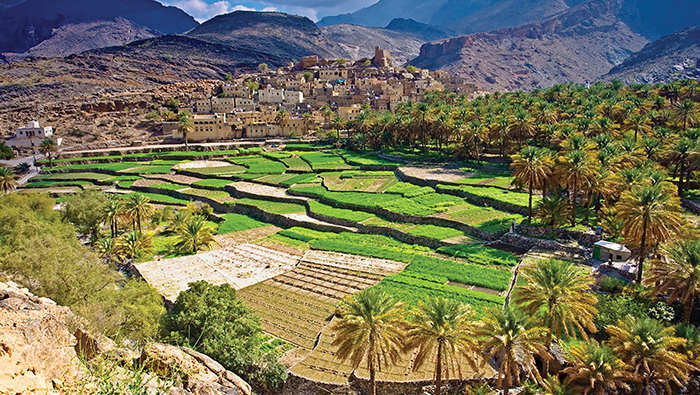
Muscat: The new law has opened gates for further development in the tourism sector by identifying new sites that can be used to push growth in various governorates.
The new tourism law, promulgated by Royal 69/2023 specifies the role of the Ministry of Heritage and Tourism for tourism development along with regulation of hotel establishments.
The new law comprises five chapters including 21 articles with Article (1) contains provisions of the tourism law in terms of the words and expressions related to tourism.
Article (3) states that the Ministry of Tourism is the body that fixes the fee on the services offered it with the approval of the ministry of finance.
Article (5) of the law states that any grievances associated with any decision issued on the basis of the law and its executive regulations shall be filed to the minister and the grievances shall state the reasons of the same along with the supporting documents and shall be filed within 60 days from the date of notification with the decision. The minister shall decide on the grievances submitted within 30 days from the date of submission.
Article (6) says that any natural or legal person shall utilise, lease, operate or manage any tourism area or site or government land or any part thereof after obtaining the approval of ministry of heritage and tourism.
Article (8) states that any natural or legal person shall not exercise any tourism activity except after obtaining the licence from the ministry of tourism and heritage.
Article (9) says that any natural or legal person shall not exercise the activity and operate or manage the tourism of hotel establishment except by a licence from the ministry of heritage and tourism.
Article (11) obligates the licensed tourism and hotel establishments with compliance with the terms and conditions set by the ministry.
Article (12) states that the tourism and hotel establishments shall be classified into types or levels besides the classification of tourism restaurants and coffee shops.
Article (13) says that the government units concerned and the licenced tourism and hotel establishments and their branches or any other party operating in the tourism sector shall provide the Ministry with the details on the number of occupants (guests) and revenues collected and any other details required by the Ministry.
Article (15) speaks about the administrative penalties set forth in the law which shall not contradict with any other penalties in any other law.
Article (16) says that the legal person shall be subjected to a fine that is double the maximum fine set for the crime in this law if the crime is committed in the name of the legal person or for the legal person by the chairman or any of the members of the board of directors or any other manager or official or with the approval of the legal person.
Articles ( 17 and 18) deals with the crimes and the penalties for the breach of some articles of the law.
Article (19) states that the Minister may impose administrative penalties in relation to the regulations and decisions issued by the Minister, provided that the fine shall not be more than OMR 6, 000.
Article (20) states that the Minister shall have the right to issue decisions to cease or offenses on the tourism areas and sites and tourism government lands.
Article ( 21) says that the minister or the person assigned by the Minister may reach conciliation or settlement related to the crimes set forth in this law , its regulation or decisions implementing the law.